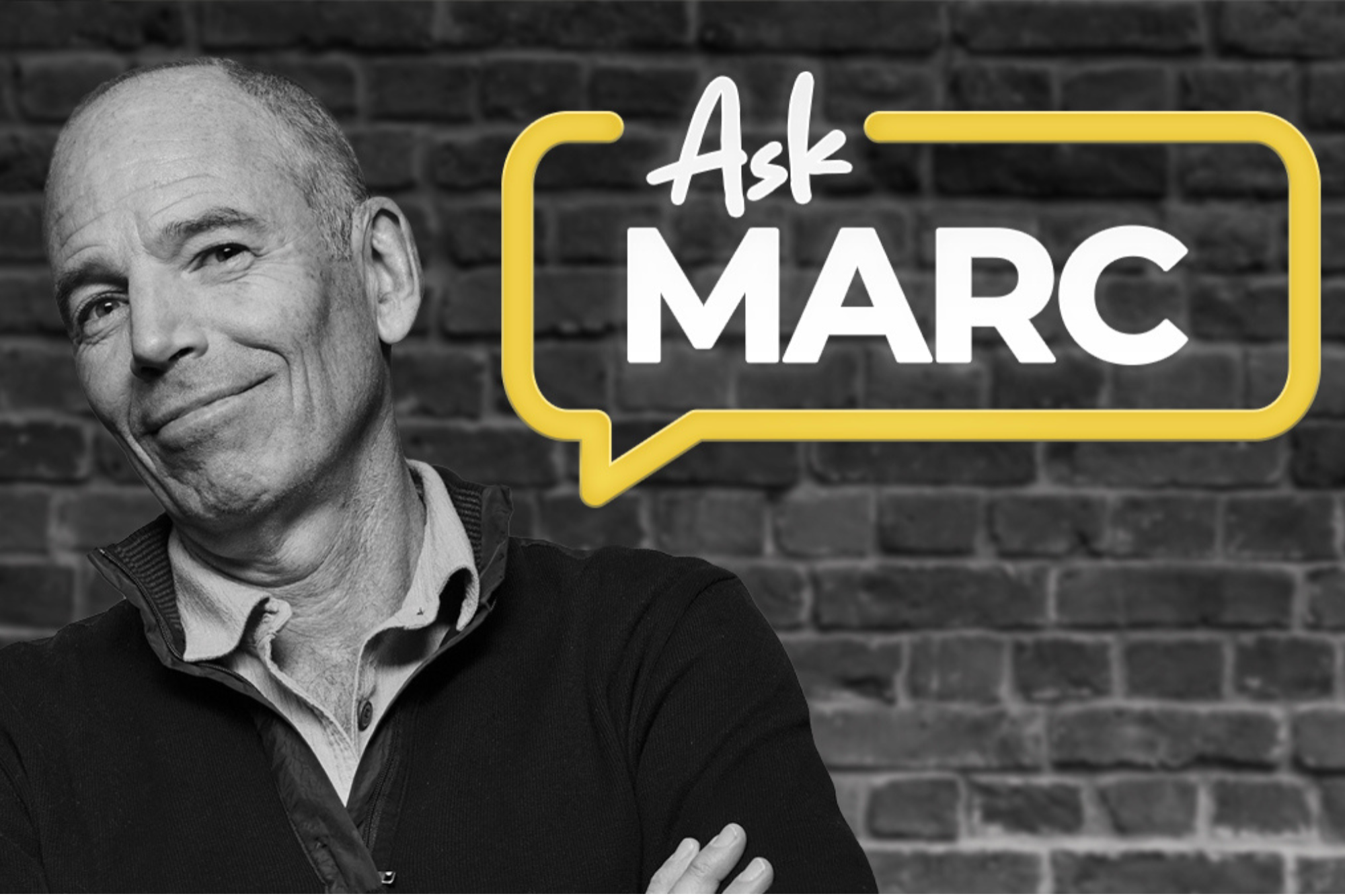Teaching Responsibility to Our Kids, Even When They Work for UsThe Korean Air Lines fiasco shows that family businesses have their own challenges and offers lessons in personal responsibility.
Opinions expressed by Entrepreneur contributors are their own.
Kids are the darndest things. We can be enchanted and maddened by them at same time. Having children brings great joy, but also anxiety, doubt, horrifying diapers and third mortgages to pay for tuition (for them) and vodkas (for us).
Being in business with one of your kids, though, presents its own challenges. And responsibility. Get it wrong, and we hurt not only our families, but our customers. And it all starts with instilling a sense of personal -- and corporate -- responsibility.
Look no further than Korea, and the furor at Korean Air Lines. To update, a first-class Korean Air passengerwas none too happywhen she was handed her nuts in a bag, rather than on a silver platter. (These were of the Macadamian variety, mind you. Shame on you for thinking otherwise.)
Sadly for the flight attendant, the first-class nuts were delivered to a first-class nut, Cho Hyun-ah. Worse, she is a vice president of the airline -- in charge of service, of all things -- and daughter of the chairman and CEO, Cho Yang-ho. So, channeling her inner Veruca Salt, Ms. Cho interrogated the flight attendant's supervisor, and, the answers found wanting, ordered the plane back to the gate so that the offending nut-bearers could be removed. Nuts, right?
Related:What I Learned in Making My Employees Build a Christmas Tree Out of Business Books
Such tantrums might have been tolerated in the old days, but Twitter makes nothing sacred anymore. It wasn't long before this snot was heard 'round the world, and Ms. Cho resigned and apologized.
Then came dad, and here's where it gets even more interesting. "Please blame me. It's my fault," Cho Yang-ho said, at one point "bowing deeply," according toThe New York Times'account of the statement. "I failed to raise her properly."
Clearly. But he, and other parents who bring their kids into the business, miss the point. In some ways, it is our fault as parents when they turn bad. We tend to insulate our children from the really bad world out there. We sing songs to them suggesting all the raindrops are really lemon drops and gumdrops. But, when the driving rains do come, they are soaked, blown by the wind, wondering where the candy has gone.
That kind of insulation harms rather than helps. Our instinct to protect often leads to coddling or spoiling. Spare the rod, spoil the child, and all that.
(For the record, my own sainted mother wielded the rod blurringly and unerringly when it came to me. Famously, from the time I was 8 years old, when I would cry or whine about something, she would tell me that, if I were looking for sympathy, I could find it in the dictionary, between "shit" and "syphilis." So call me biased. You can find that between "bastard" and "Buspirone.")
I'm not saying parents don't bear some responsibility when it comes to children's behavior. As the above anecdote suggests, my language at a young age made longshoremen blush not because I was learning the words onThe Electric Company. But the "younger" Cho is 40 years old, an age where we can safely own our immaturity, not pawn it off as a consequence of our mishandled upbringing. She should have known better. So should her father.
Related:College Is Worth the Price. Just Not This Price.
Owning or running a business is a gift. Entrepreneurs are rare. Successful ones like Mr. Cho -- a billionaire, no error -- are rarer still. There is a wonderful feeling in turning over the reins of some of those operations to your offspring. The best entrepreneurs divorce themselves from the family relationship at the office door. They evaluate sons and daughters as executives. Perhaps they are harder on them than they would be with others, but that only makes their children's performance better.
Crucially, they do what is anathema to many parents: They let them fail. By not insulating children from failure, they help them learn and grow and be better leaders.
They have to. There comes a time when you are not "dad" but just "chairman." In that case, you have to think not of the dinner table, but the boardroom. You have to remember that you are beholden to directors, shareholders, employees and customers -- not grandma.
This is where Ms. Cho's behavior was particularly egregious. She alienated members of her own team. And she made the paying customers on that plane be delayed, simply because she didn't like a bag of nuts. That's bad business -- something any executive knows.
I have no doubt the elder Cho knew that well, too. I also hope he tried, despite his act of contrition, to instill that in his children at a young age. Sadly, he missed the gate on a real teaching moment by assuming the blame.
But it is Ms. Cho who should have known better. It is her responsibility, not as a daughter, but as a business leader, to always act in the interest of all the constituencies that make a company great.
This kind of responsibility can and should be taught, yes, but the students have as much resposibility to learn, as well.
In a nutshell, that is what makes good leaders.
Related:领导, Accountability and the D-Day Letter Ike Never Sent












